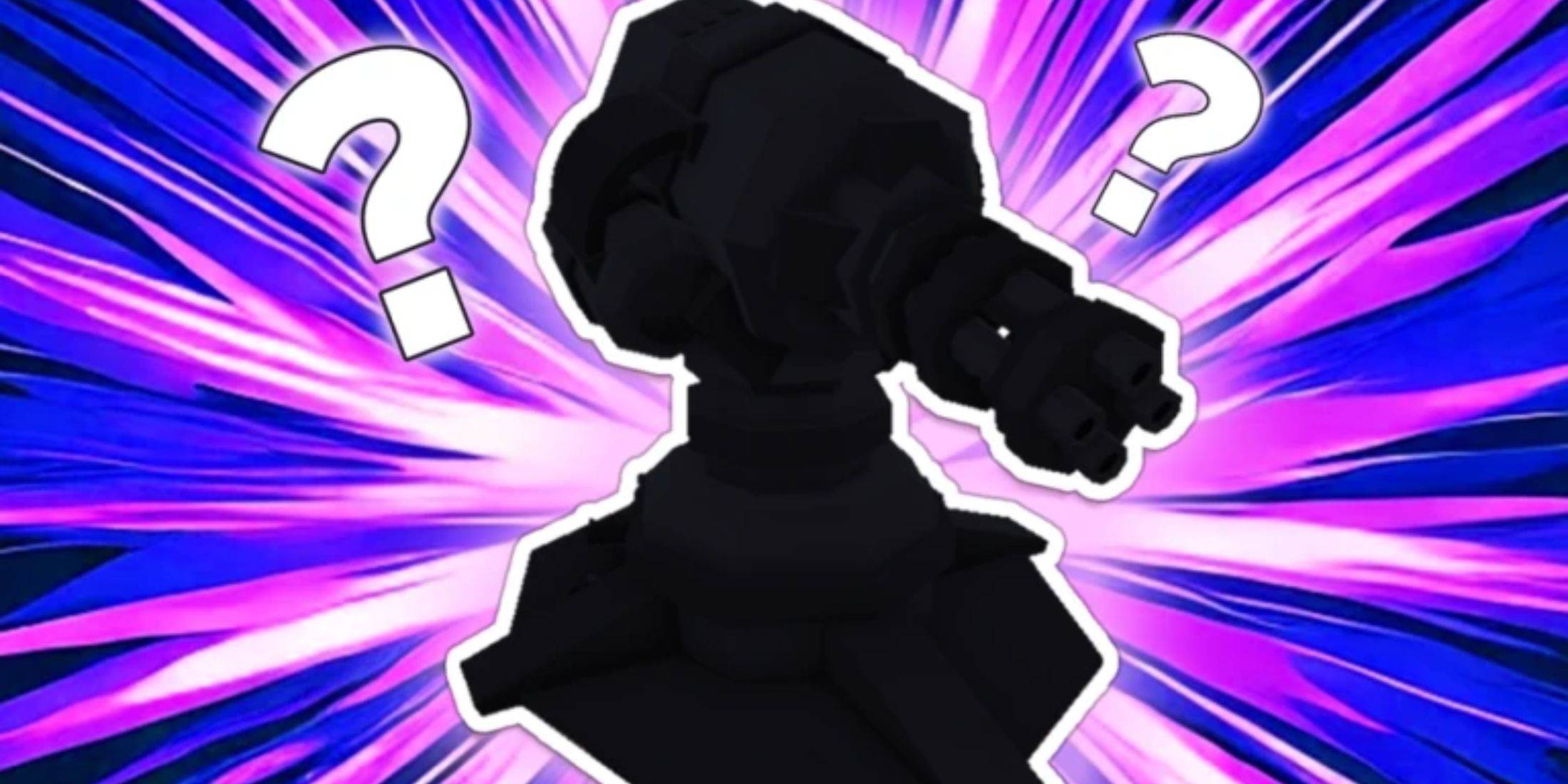The import tariffs introduced by U.S. President Trump are once again causing ripples in the gaming industry, this time targeting Razer's highly anticipated Blade 16 gaming laptop. Tariffs, in essence, are taxes levied on imported goods, and while businesses occasionally absorb these costs themselves, it's far more common for these expenses to trickle down to consumers. Unfortunately for gamers, this trend is likely to push up prices for technology and gaming products.
In a surprising move, some products have been temporarily withdrawn from the market. According to reports from The Verge, the Blade 16 had been available for purchase in the U.S. as recently as April 1. However, the option to order the laptop has vanished from the website entirely.
While European gamers can currently order the latest gaming laptop (provided it’s in stock — availability remains scarce in the UK), the U.S. site only offers a "Notify Me" button for updates, with no pricing information displayed. Clicking the Buy Now link redirects users to a 404 error page.Razer isn’t the only company affected; other firms are taking similar actions. The tariffs on China and Taiwan — major hubs for PC component manufacturing — will also impact U.S. consumers. Companies such as Micron, a leading memory manufacturer, have warned of additional charges. Similarly, PC brand Framework has "temporarily paused" some U.S. sales altogether.
Last week, the Nintendo Switch 2 pre-order date, originally scheduled for April 9, was canceled in the U.S. due to the tariffs. Financial markets were unsettled, and the ripple effect soon crossed borders. Nintendo Canada confirmed that pre-orders would also be delayed in their region.
Nintendo enthusiasts and industry experts are growing increasingly concerned that the company may hike the price of the Switch 2 and its games even higher. This move could exacerbate the backlash over pricing following the console's unveiling.
For more details, check out the full lineup of announcements from the recent Switch 2 Nintendo Direct.









